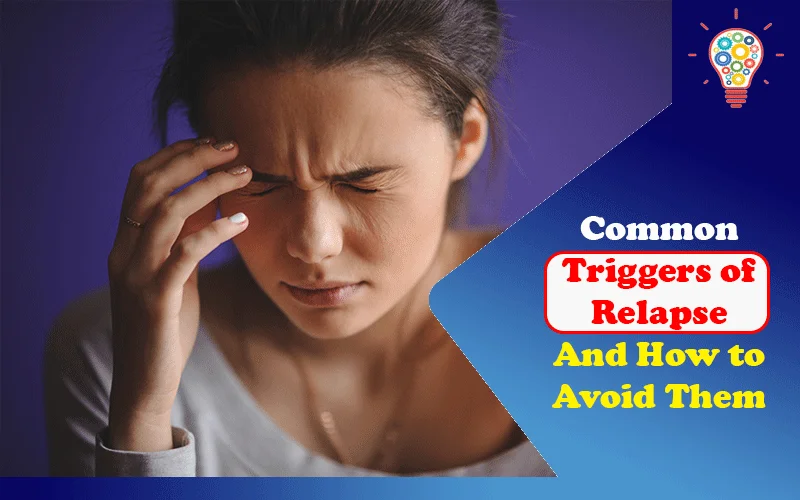Getting clean from drugs and alcohol is a huge accomplishment, yet there’s always the possibility of relapse threatening the progress you’ve made.
Many people are under the false assumption that once someone has recovered from drugs and alcohol, their recovery is permanent. But, it’s important to understand that while relapse is never the desirable outcome, it does happen. Someone can relapse 40 days into being sober or 40 years into being sober.
However, understanding the common triggers of relapse and how to avoid them can help lessen your chances of relapsing. Read on to learn more.
Table of Contents
Easy Access to Drugs and Alcohol
If you’ve ever gone on a diet, you probably know that it’s a lot easier to reach your weight loss goals when you don’t have a bunch of junk food sitting in your pantry.
The same concept can be applied to those recovering from addiction. Having easy access to drugs and alcohol can trigger a relapse. To avoid this relapse trigger, keep the temptation away as best as possible. Obviously, you’re not going to be able to avoid the presence of alcohol completely – from work functions to weddings to family gatherings, alcohol is a big part of our nation’s culture.
But, you can take steps to minimize the presence of alcohol as best as possible. For example, you can remove all substances from your home, and avoid going to bars and establishments that serve alcohol.
If you have a social situation coming up where alcohol will be served, make sure you have a plan in place in case you feel the temptation to relapse.
Stress
Most people have a few healthy and unhealthy coping mechanisms for dealing with stress. If you’re sober, it means you’ve removed one of the unhealthy coping mechanisms from your life.
To avoid a stress-related relapse, make sure you have enough healthy coping mechanisms in place. Whether it be exercise, yoga, painting, or meditation, having strategies at hand to get through stressful situations will help you in the long run.
Major Life Transitions
A new job, a new house, or a new relationship can trigger anxious feelings, even if these new changes are positive. When going through a major life transition, your initial reaction may be to turn to drugs or alcohol to deal with the anxiety.
Just as you need to have healthy coping mechanisms for stress, make sure you have coping mechanisms in place for dealing with transitions that can induce anxiety. You may want to consider seeing a therapist or going to AA meetings to help you deal with these transitions.
If you think that you need to re-enter a recovery program, consider contacting the Oakvine Recovery Center.
Triggers of Relapse: Time to Move Forward
Now that you know the triggers of relapse and how to avoid them, it’s time to move forward. Even if you have strategies in place, there’s still the chance that you might relapse. If you do relapse, the important thing is that you adjust and move forward.
While you should reflect on what caused the relapse, try not to dwell on it too long or beat yourself up over it. And, make sure you follow our blog for more addiction recovery tips!
Read Also: Drug Addiction Facts

